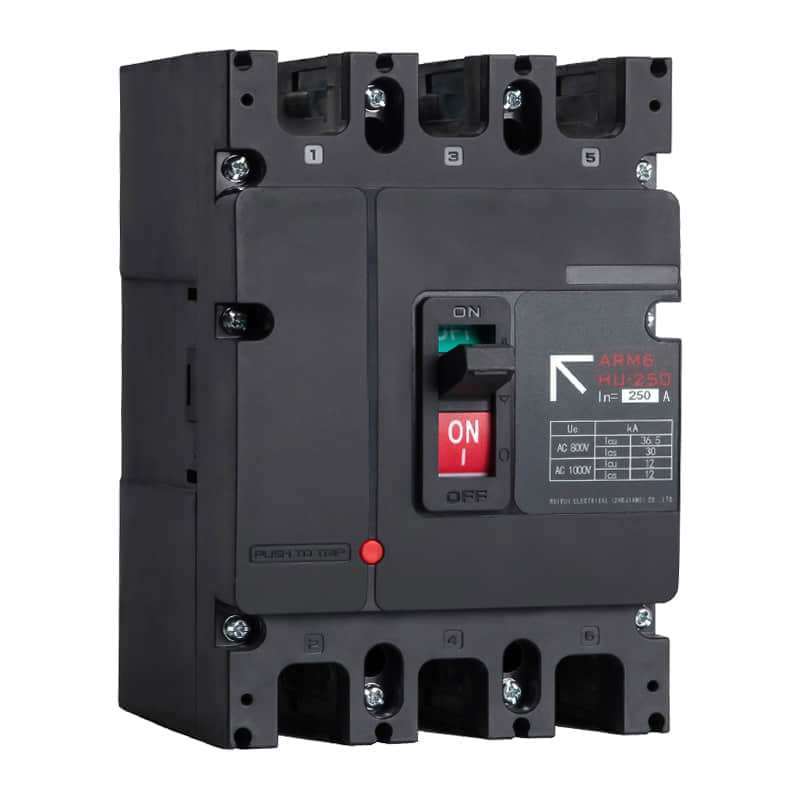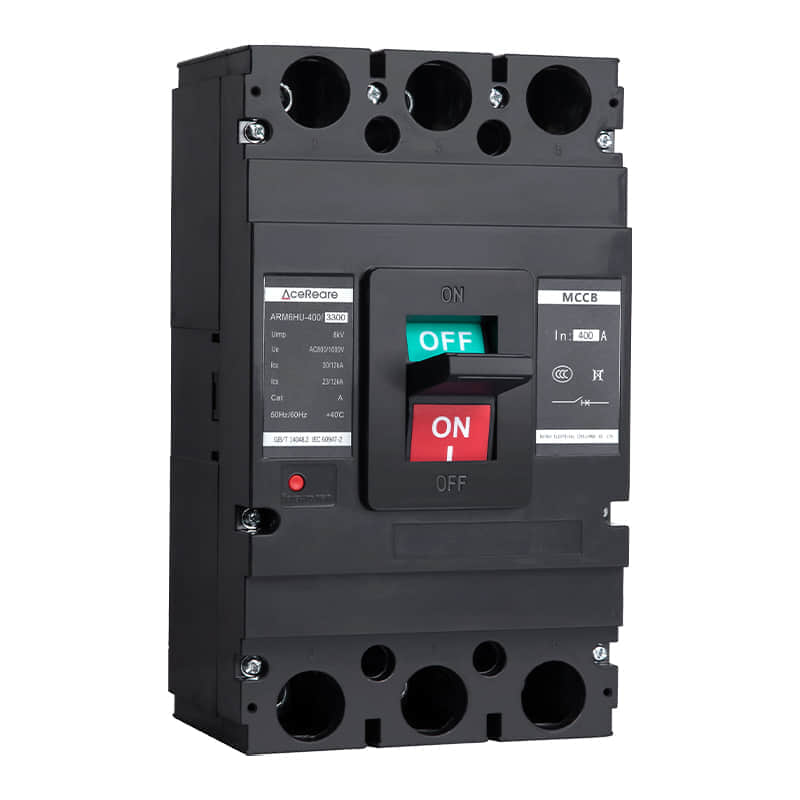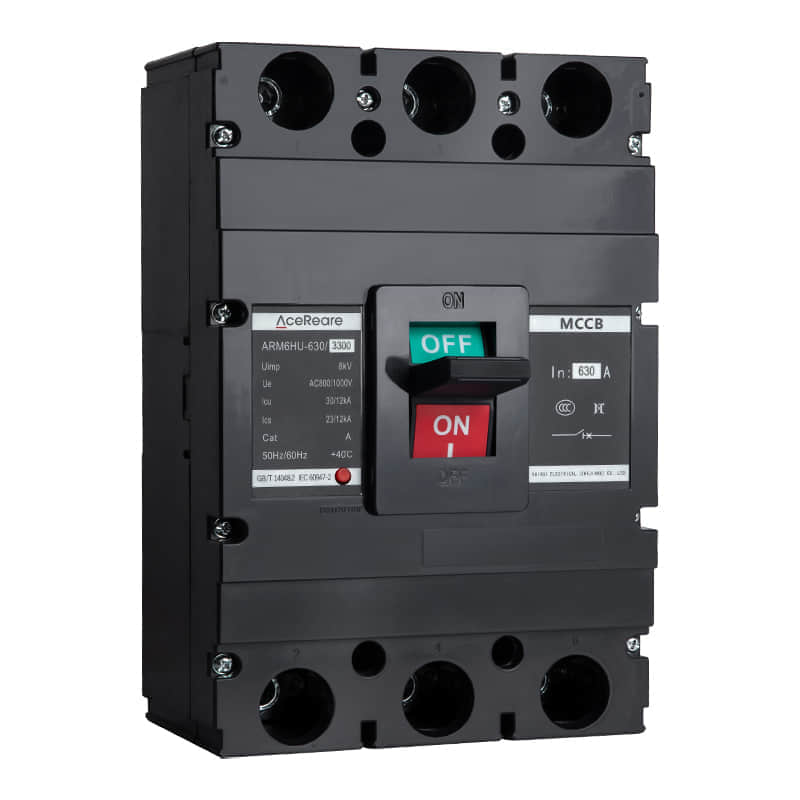Introduction

In the world of electrical engineering, safety and reliability are paramount. One of the critical components ensuring the safe operation of electrical systems is the Molded Case Circuit Breaker (MCCB). This innovative device plays a pivotal role in protecting electrical circuits from overloads and short circuits, thereby preventing potential hazards. In this article, we delve into the advancements, features, and applications of MCCBs that have made them an indispensable asset in various industries.

Advancements in MCCB Technology MCCBs have evolved significantly since their inception, thanks to advancements in technology. Modern MCCBs incorporate state-of-the-art features that enhance their performance and functionality. One notable advancement is the integration of digital protection relays, which provide precise monitoring and protection capabilities. These relays can quickly detect anomalies such as overcurrents and short circuits, allowing for swift circuit disconnection and reducing potential damage. Furthermore, the development of adjustable trip settings in MCCBs has revolutionized their adaptability. Engineers can now customize the trip current levels according to specific applications, ensuring that the MCCBs react appropriately to varying conditions. This adaptability not only enhances safety but also contributes to the overall efficiency of electrical systems. Key Features of MCCBs Thermal and Magnetic Protection: MCCBs use both thermal and magnetic elements for protection. The thermal element responds to overcurrents that persist for an extended period, while the magnetic element reacts to short-duration, high-amplitude overcurrents. Current Limiting Abilities: MCCBs are designed to limit the amount of current that can flow through them during a fault. This feature helps prevent extensive damage to downstream equipment and reduces the risk of fire. Remote Control and Monitoring: Advanced MCCBs can be equipped with remote control and monitoring capabilities. This allows operators to manage the circuit remotely and receive real-time information about the circuit’s status and any faults. Selective Coordination: Selective coordination ensures that only the MCCB closest to a fault will trip, minimizing downtime and disruptions to other parts of the system. Applications of MCCBs Industrial Sector: MCCBs find extensive use in industrial settings, safeguarding equipment such as motors, generators, and transformers. Their ability to handle high currents and provide adjustable protection makes them ideal for diverse industrial applications. Commercial Buildings: In commercial buildings, MCCBs protect power distribution boards, lighting systems, and HVAC equipment. Their reliability and customization options contribute to the safe and efficient operation of these facilities. Renewable Energy Installations: MCCBs play a crucial role in renewable energy systems, including solar and wind power installations. They protect the intricate electronics and wiring within these systems from overloads, ensuring consistent power generation. Residential Installations: While miniature circuit breakers (MCBs) are more common in residences, MCCBs are used in larger homes with higher electrical demands. They provide robust protection for heavy-duty appliances like air conditioners and water heaters. Conclusion Molded Case Circuit Breakers have come a long way from their inception, becoming integral to modern electrical systems across industries. With their advanced features, adaptability, and applications in various sectors, MCCBs continue to ensure the safety, reliability, and efficiency of electrical networks worldwide. As technology continues to advance, we can expect further innovations that will enhance the capabilities of MCCBs and contribute to the evolution of electrical engineering as a whole.
